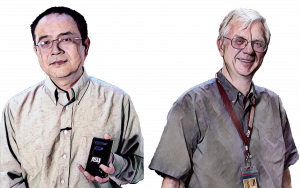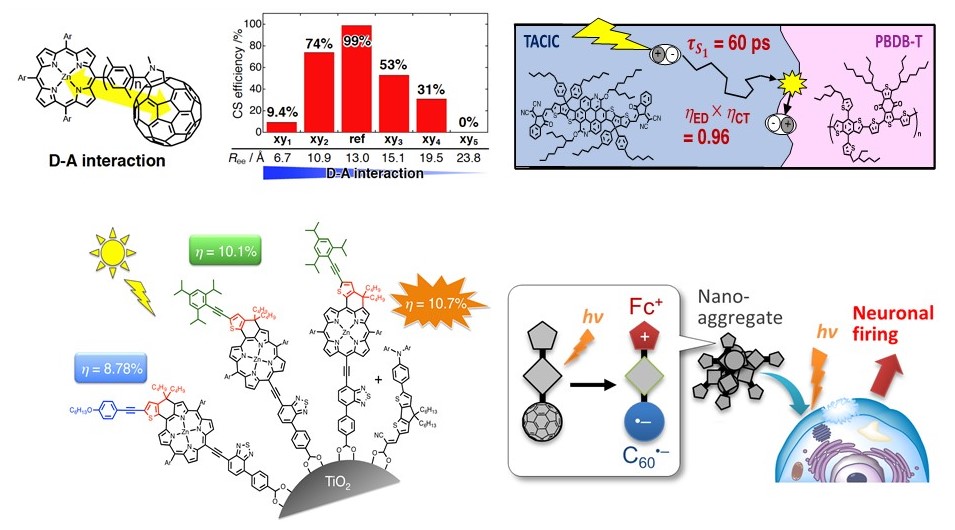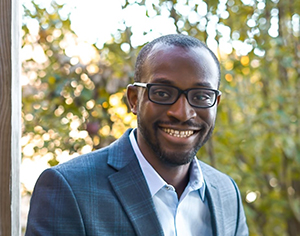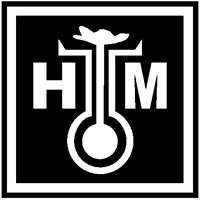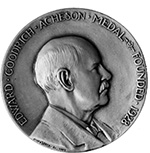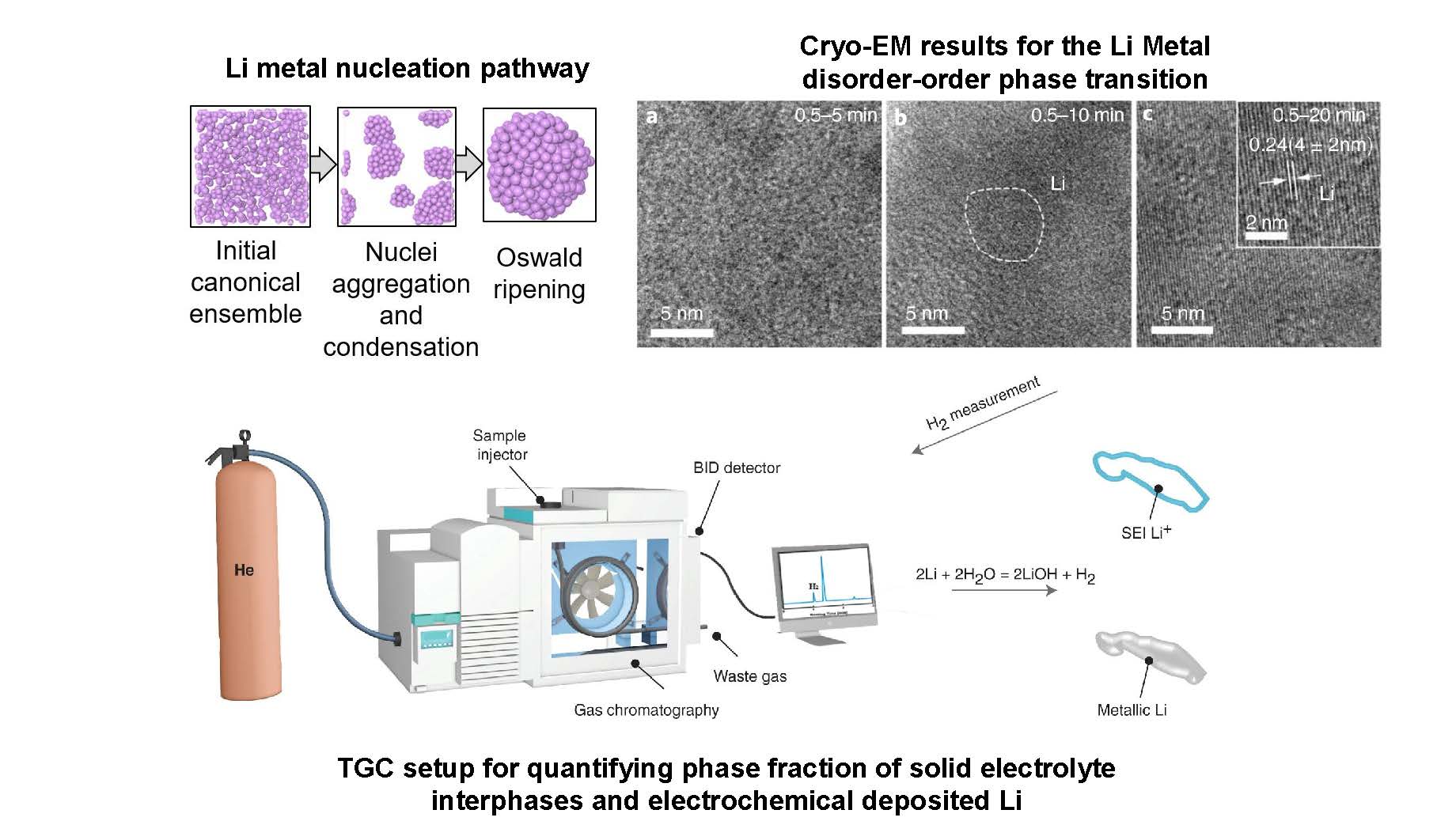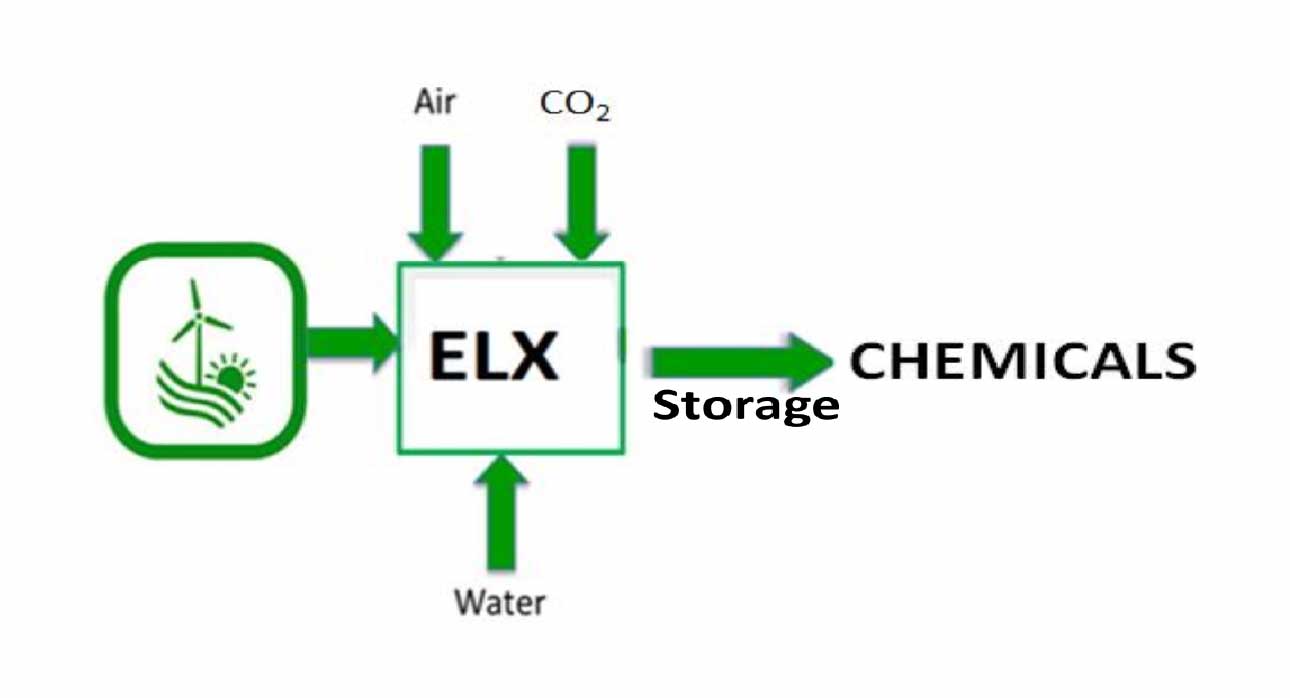The Electrochemical Society has named 10 members to the 2021 class of ECS Fellows. The designation “Fellow of The Electrochemical Society” was established in 1989 for advanced individual technological contributions to the fields of electrochemistry and solid state science and technology, and for service to the Society. These members are recognized for scientific achievements, leadership, and active participation in the affairs of ECS. Each year, up to 15 renowned scientists and engineers are chosen by their peers for this honor.
The 2021 ECS Fellows (listed alphabetically) are: Shekhar Bhansali; Anja Boisen; Stanko R. Brankovic; Ernesto Julio Calvo; Douglas C. Hansen; Jihyun Kim; Jagjit Nanda; M. Rosa Palacin; Slava V. Rotkin; and Xiao-Dong Zhou. (more…)



